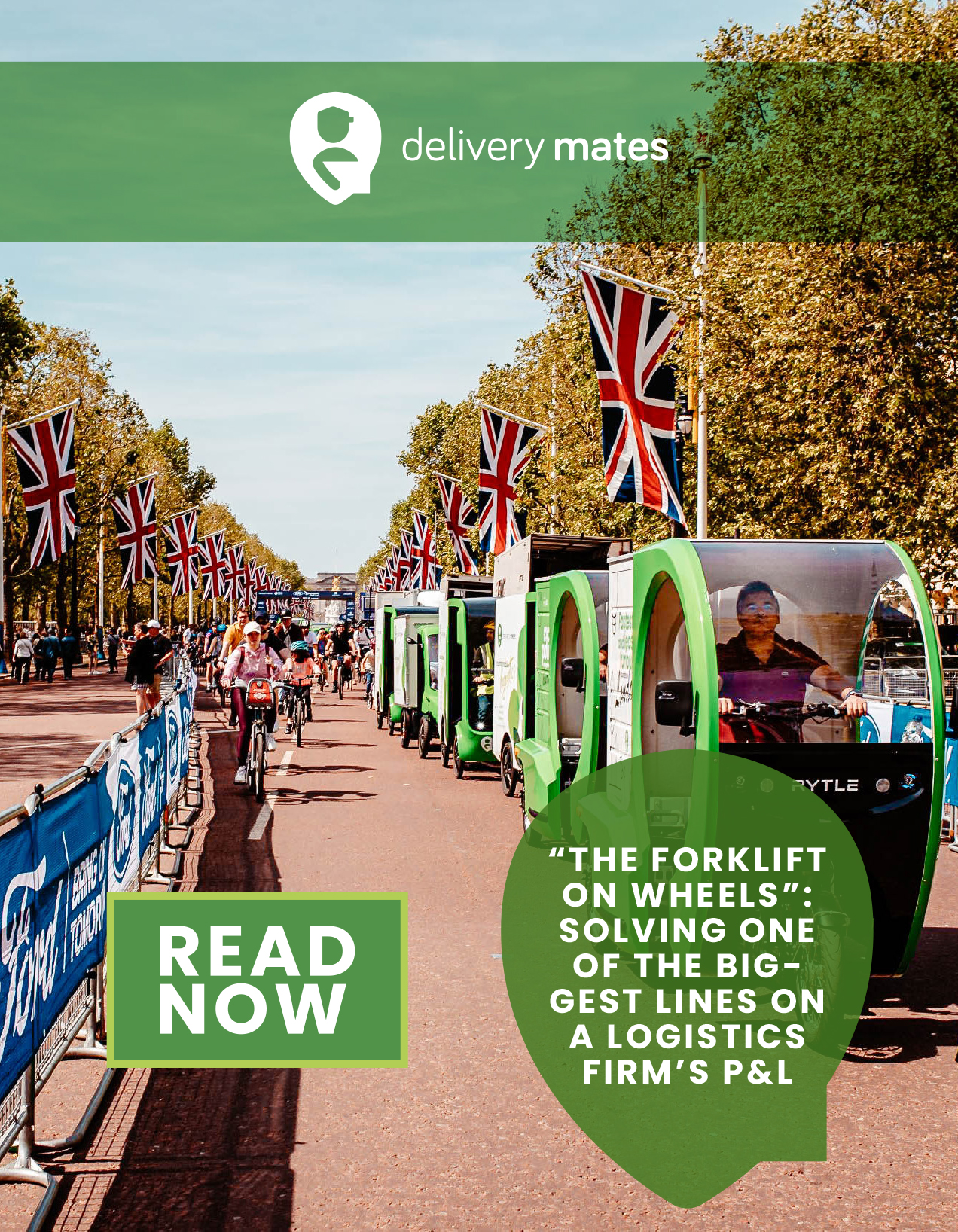A new industry standard, which opens for consultation today, aims to reset the way journalists approach reporting on road collisions.
Draft guidelines have been produced by the University of Westminster’s Active Travel Academy, working in conjunction with police, experts, road safety charities, and the National Union of Journalists’ ethics council.
The guidelines are built on four pillars:
1.1 Impartiality: Publishers must not use the term ‘accident’ when describing road collisions – collision, or crash, are more accurate, especially when the facts of the incident are not known
1.2 Discrimination: publishers must avoid using negative generalisations of road users, and must not use dehumanising language or that which may incite violence or hatred against a road user in comment and news coverage
1.3 Accuracy: Coverage of perceived risks on the roads should be above all accurate, based in fact and context. Publishers should make mention of human actors in a collision, and avoid reference to personal protective equipment, such as hi-vis and helmets, except when demonstrably relevant
1.4 Reporting on crime: Publishers must avoid portraying dangerous or criminal behaviour on the roads, such as speeding, as acceptable, or those caught breaking the law as victims
Commenting in a press release, Martin Porter QC, said: “Language matters. The language of journalists, with any accompanying prejudices and assumptions, are so easily imported into the attitudes of road users and into our criminal and civil justice systems.”
John Ranson from the National Union of Journalists’ ethics council said: “Good reporting should inform. It should help the public understand what has happened. And good opinion journalism should provoke debate and challenge the audience. But too much of the media’s coverage of road collisions has played into and reinforced lazy generalisations. We hope these guidelines will equip journalists to report on road collisions with accuracy and humanity, bringing the same standards of integrity to this topic as to any other.”
The closing date for consultation responses is midnight on 8 November 2020. To view the full guidelines and to have your say, respond at the website or by email.
www.rc-rg.com
consultation@rc-rg.com
Our take
Road collisions kill more than 1,700 people in the UK alone but the way they are reported on simply perpetuates the underlying problems.
A culture of victim-blaming, making light of serious causal behaviour (such as speeding) and misinterpretation of facts is promoted, variously consciously and unconsciously, by the media.
This creates an echo chamber which reinforces the perception that the only way to be safe on our streets is in the largest motor vehicle possible, and that road fatalities are unavoidable. These are fallacies underpinning the motoring arms race and a battlefield mentality on British roads.
Accurate reporting that is free from bias will help change the public narrative, helping communities realise that the bigger the vehicle, the bigger the responsibility towards others, and that killing others on the road with a car is no different to doing so with a knife or gun. RR










